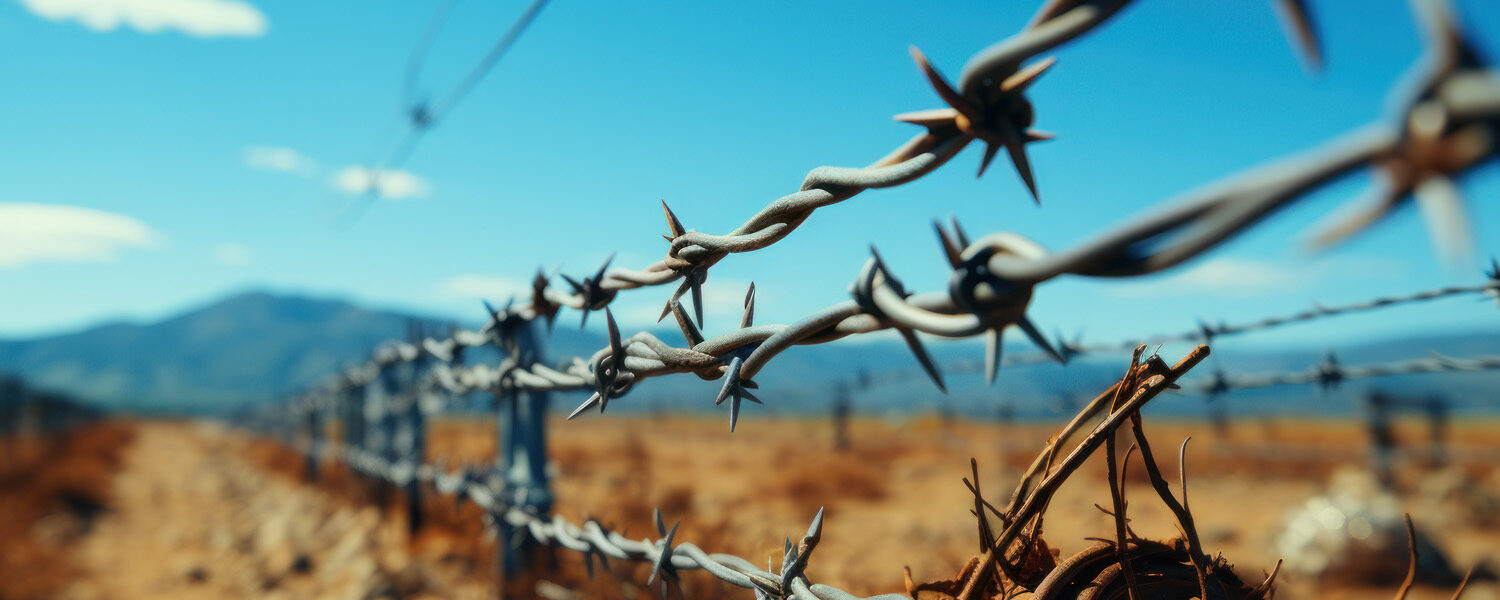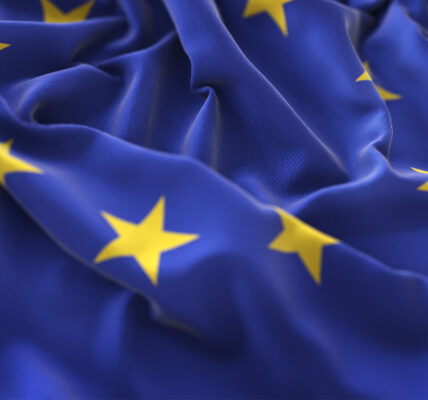In just five days, more than 17,000 Russians crossed the border between Poland and Kaliningrad
For Russian Christmas, Polish authorities have recorded a marked increase in the number of people who cross the border with the Kaliningrad region. According to the Polish Border Guard, 4,998 registered cars and 17,014 individuals crossed the borders at Bezledy and Grzechotki between December 23 and December 27.
When compared to other days, this spike in border crossings during this time is noteworthy. Given that Russian Christmas is observed on January 7, authorities expect a sustained high influx in the early part of January.
Notes from Poland point out that there are fewer direct flights from the EU to Russia as a result of EU sanctions on Russia. As a result, Russians choose to go to Turkey or the Kaliningrad region before taking flights to Russia.
This is a common practice among Russians in the EU, but Germany is unique in that it has a large Russian population. Russians living in Germany frequently take the automobile to the Khrabrovo Airport in Kaliningrad, leave it there, take a plane to Moscow or St. Petersburg, and then pick it up when they get back to re-enter the EU. This is one of the more affordable travel options, and Russians living in Germany as well as those in other EU nations use it.
Although this travel plan is practical for Russians, Notes from Poland highlights the dissatisfaction of the ethnic Polish community in Kaliningrad. Ethnic Poles who own automobiles registered in Russia contend that it is unfair because Russians who own cars registered in the EU are not subject to the same restrictions as they are.
With Polish citizenship or a Karta Polaka attesting to their nationality, the ethnic Polish community in Kaliningrad bemoans not being able to travel freely to and from Poland because Russian-registered cars are prohibited. There are reports that people are paying up to €400 to persons whose automobiles are registered in the EU for transportation within the EU.
Only 824 Poles crossed the border between December 23 and December 27, illustrating the difficulties the Polish community faces getting to and from the area because of the restrictions in place.
Tagged:borderKaliningradPolandRussians
When compared to other days, this spike in border crossings during this time is noteworthy. Given that Russian Christmas is observed on January 7, authorities expect a sustained high influx in the early part of January.
Notes from Poland point out that there are fewer direct flights from the EU to Russia as a result of EU sanctions on Russia. As a result, Russians choose to go to Turkey or the Kaliningrad region before taking flights to Russia.
This is a common practice among Russians in the EU, but Germany is unique in that it has a large Russian population. Russians living in Germany frequently take the automobile to the Khrabrovo Airport in Kaliningrad, leave it there, take a plane to Moscow or St. Petersburg, and then pick it up when they get back to re-enter the EU. This is one of the more affordable travel options, and Russians living in Germany as well as those in other EU nations use it.
Although this travel plan is practical for Russians, Notes from Poland highlights the dissatisfaction of the ethnic Polish community in Kaliningrad. Ethnic Poles who own automobiles registered in Russia contend that it is unfair because Russians who own cars registered in the EU are not subject to the same restrictions as they are.
With Polish citizenship or a Karta Polaka attesting to their nationality, the ethnic Polish community in Kaliningrad bemoans not being able to travel freely to and from Poland because Russian-registered cars are prohibited. There are reports that people are paying up to €400 to persons whose automobiles are registered in the EU for transportation within the EU.
Only 824 Poles crossed the border between December 23 and December 27, illustrating the difficulties the Polish community faces getting to and from the area because of the restrictions in place.





